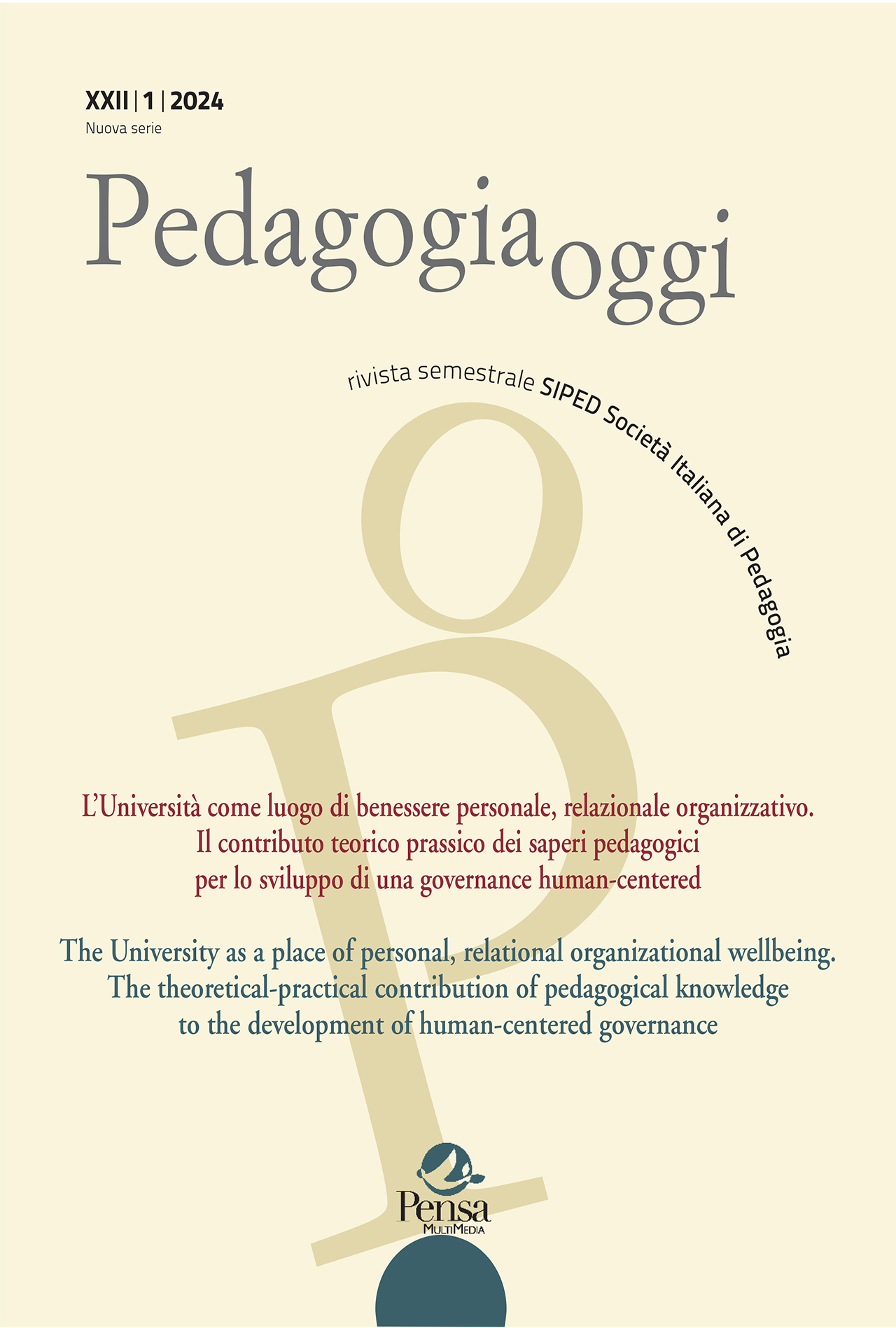A test of discontent. The public discourse on Italian university from the Gui bill to Sessantotto
DOI:
https://doi.org/10.7346/PO-012024-08Keywords:
University reform, Faculty members, University students, Luigi Gui (1914-2010), Italian SessantottoAbstract
In Italy, university reform attempts have often tried to face the discontent caused by the inadequacy of the institutional system to social and cultural changes, though implemented by ill-informed and ill-equipped ruling classes. The discussion of the Gui Bill of 1965, and its failure amid the unrest of Sessantotto, were crucial moments for major aspects of the development of university in the Twentieth century, for the scope of the proposed reforms and the extent of participation in the debate.
Starting from the recent historiographic literature, the essay offers a picture of the ideal assumptions and attitudes of the major players involved in the debate on the change of university institutions in the 1960’s. It will focus on:
- the ideas of the professorial body, widely linked to the idea of elite university imagined by Gentile;
- the positions of students’ movement, capable – in spite of its ideological rigidities – of intercepting profound changes in social bases and objectives of the university population;
- the emergence of “non-stable” academic staff as significant player in the discussions.
Downloads
Published
Issue
Section
License
Copyright (c) 2024 Andrea Mariuzzo

This work is licensed under a Creative Commons Attribution 4.0 International License.




